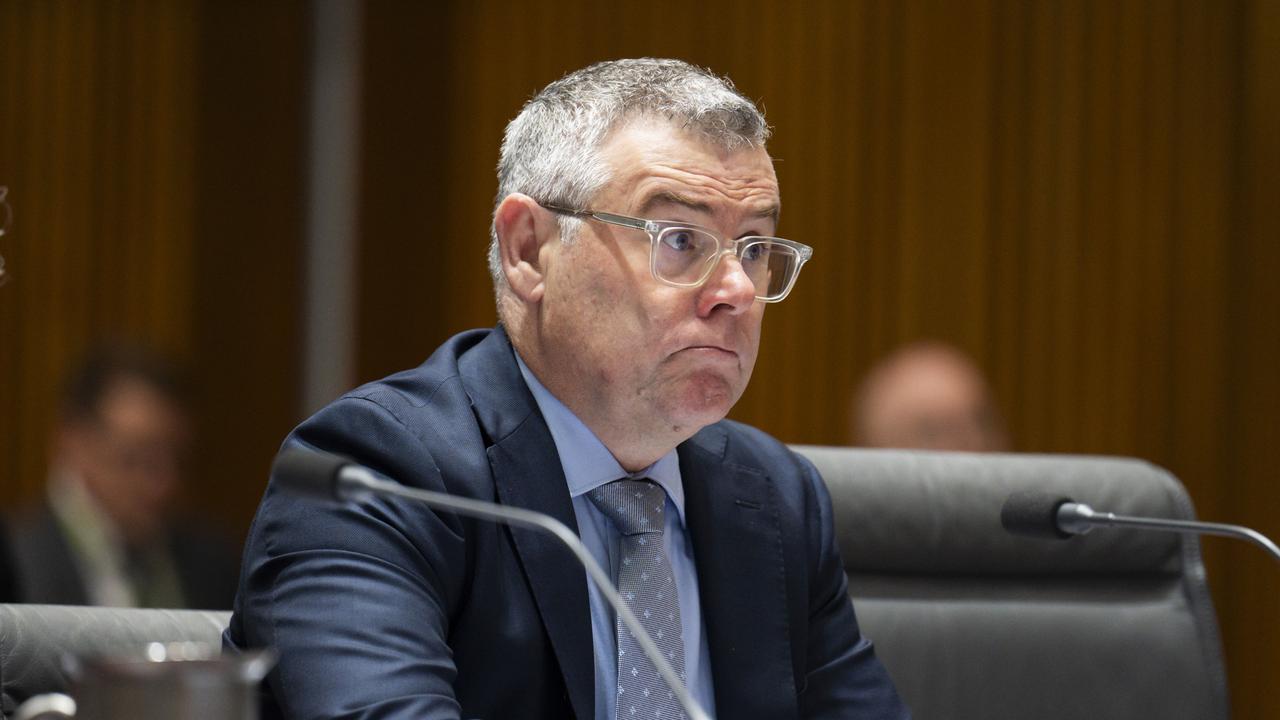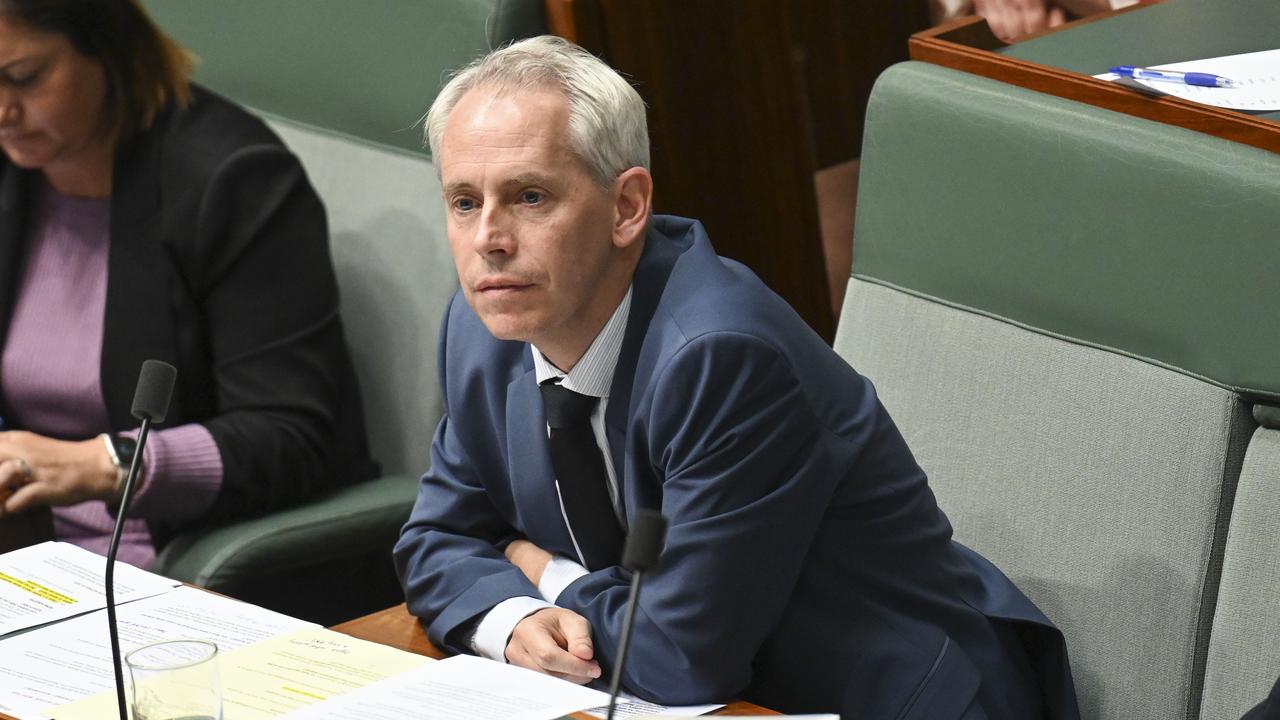Controversial deportation Direction 99 not a mistake, Labor frontbencher Murray Watt says
A senior minister has defended the government's handling of the migration system, but says he’s not interested in a jump to the Home Affairs portfolio.
It was not a mistake for Immigration Minister Andrew Giles to issue a controversial ministerial direction which resulted in the deportation of some non-citizen criminals to be revoked, Labor frontbencher Murray Watt has said.
The contentious order – known as Direction 99 – was issued by Mr Giles in early 2023 and required the Administrative Appeals Tribunal (AAT) to consider an individual’s community ties when reviewing deportation appeals.
The directive has been tied to several cases where non-citizen criminals had their visa cancellations overturned, allowing them to stay in Australia.
Speaking on Sunday, Queensland Senator Watt said the government had not intended for community safety to be relegated below the community ties in the application of Direction 99, despite the AAT’s interpretation in that matter.
“Even the advice that Andrew Giles was provided by his department when making that direction indicated that there would be no impact on people where we were talking about serious offences having been committed,” Senator Watt told the ABC.

“Of course, that’s not the way the AAT has interpreted it. They interpreted it in a way that was never intended by the government and that’s exactly why we’re now taking action to fix it.”
Asked if issuing the ministerial direction was a mistake, Senator Watt rejected the assertion.
“The way it’s been interpreted is very different to how the government intended … Minister Giles wasn’t even made aware by his department when the AAT was making decisions that went against the spirit and the intent of that direction.”
“What would have been a mistake is if the government had said that we want to put duration of stay above community safety — we didn’t do that.
“I think unfortunately the mistake has been that the AAT has interpreted that direction in a way that the government never intended.”
Under sustained pressure, Prime Minister Anthony Albanese on Thursday announced the government would replace Direction 99, and will instead require community protection to outweigh any other consideration when deciding whether to revoke a visa cancellation.
“The Australian community expects that community safety will be the number one priority and that’s exactly what’s being made clear through this change to the direction,” Senator Watt said.
Among those who have had their visa cancellations overturned by the AAT are a New Zealand man who was convicted of raping his stepdaughter, a British man who attacked women on 26 occasions, and a Sudanese man who allegedly committed murder.

Senator Watt also supported Mr Giles’ claim that authorities were using drones to monitor foreign-born criminals, even after the Australian Federal Police revealed in senate estimates on Friday that they were not aware of such a program.
“My understanding is that drones are being used as part of this operation, but more in the sense of monitoring the accommodation people are living in, for example, ensuring that it’s not too close to schools or other areas that they’re not supposed to be living close to,” he said.
“So drones do form part of the operation that’s involved in monitoring these offenders, but more being done in an operational sense like that.”
With Mr Albanese facing calls from the Coalition to sack his home affairs and immigration ministers over their handling of the portfolio, Senator Watt was asked if he would be interested in shifting portfolios.
Hosing down expectations of a reshuffle, Senator Watt said he was focused on his current responsibilities.
“I’m actually enjoying my current role … I’m obviously very privileged to serve in the cabinet,” he said.
“But more than that, I actually really support my colleagues and what they have been doing … I think that Andrew Giles and Clare O’Neil have both performed incredibly strongly in a really difficult portfolio area.”



